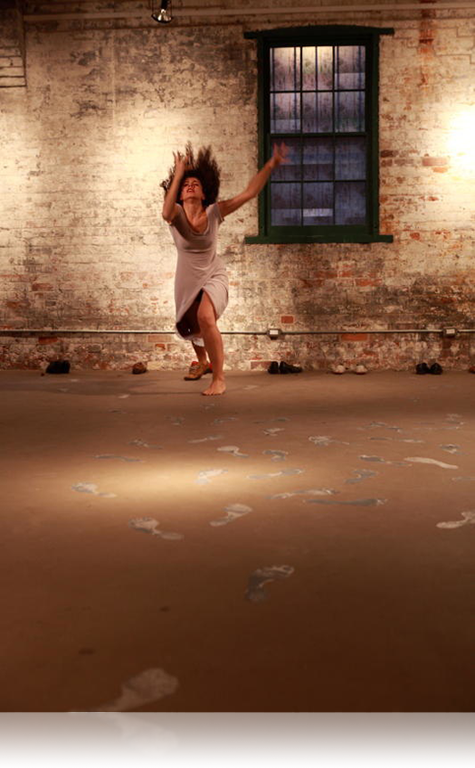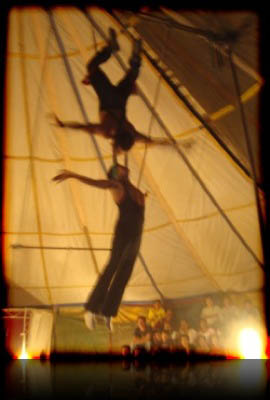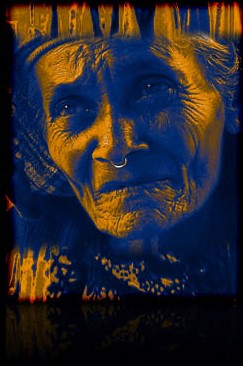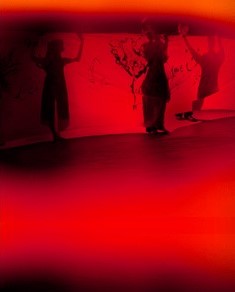Performance, Revolution, Pedagogy: Theatre and Its Objects
DOI:
https://doi.org/10.25071/1913-5874/37348Abstract
Augusto Boal, perhaps best known for his Theatre of the Oppressed (1985 [1979]), critiqued Aristotelian aesthetics that left spectators in passive states. He turned to Brechtian proposals that would move spectators to revolutionary action, but also became critical of any straightforward didactic approach to revolutionary theatre. The whole world was indeed a stage and all spectators were also potential actors or “spect-actors.” Boal’s work was shaped by the politics of his time and place: Brazil, Latin America, the Cold War politics of the 20th Century, the experiences of exile during Brazil’s military government, his return from exile, and the economic tyranny of the late 20th and early 21st centuries. In memory of Boal’s recent passing (1931-2009), this issue of InTensions features articles that examine theatre and performance as critical social practices and forms of analysis. Leaving to future scholarship the assessment of his life’s work, here we pay homage to Boal with articles and works that take as a starting point Boal’s central life practice: the braiding of performance and politics.
References
Bigenho, Michelle. “Why I’m Not an Ethnomusicologist,” In The New (Ethno)musicologies, Henry Stobart, ed. (Europea: Ethnomusicologies and Modernities, no. 8), Pp.28-39. Lanham, Maryland: The Scarecrow Press, 2008.
Boal, Augusto. Hamlet and the Baker’s Son: My Life in Theater and Politics, Adrian Jackson and Candida Blaker, trans. London and New York: Routledge, 2001.
Boal, Augusto. Legislative Theater: Using Performance to Make Politics, Adrian Jackson, trans. London and New York: Routledge, 1998.
Boal, Augusto. Theatre of the Oppressed. Charles A. & Maria-Odilia Leal McBride, trans. New York: Theater Communications Group, 1985 [1979].
Butler, Judith. Bodies that Matter: On the Discursive Limits of Sex. London and New York: Routledge, 1993.
Conquergood, Dwight. “Performance Studies: Interventions and Radical Research,” The Drama Review, Vol. 46, No. 2 (2002): 145-156.
Gómez-Peña, Guillermo. Dangerous Border Crossers. New York and London: Routledge, 2000.
Kruger Loren. “Geographical Acts: Place, Performance, and Pedagogy,” American Literary History, Vol. 17, No. 4 (2005): 781-793 .
Scarry, Elaine. The Body in Pain: The Making and Unmaking of the World. Oxford: Oxford University Press, 1987.
Schieffelin, Edward. ”Problematizing Performance,“ In Ritual, Performance, Media. Felicia Hughes-Freeland, ed. Pp. 194-207. London and New York: Routledge, 1998.
Taussig, Michael. “Culture of Terror—Space of Death: Roger Casement’s Putumayo Report and the Explanation of Torture,” In Violence in War and Peace: An Anthology, Nancy Scheper-Hughes and Philippe Bourgois, eds. Pp. 39-53. Malden, MA: Blackwell, 2004.
Taylor, Diana. The Archive and the Repertoire: Performing Cultural Memory in the Americas. Durham: Duke University Press, 2003.
Taylor, Diana. Disappearing Acts: Spectacles of Gender and Nationalism in Argentina’s “Dirty War.” Durham: Duke University Press, 1997.
Taylor, Diana. Theatre of Crisis: Drama and Politics in Latin America. Lexington: University Press of Kentucky, 1991.





